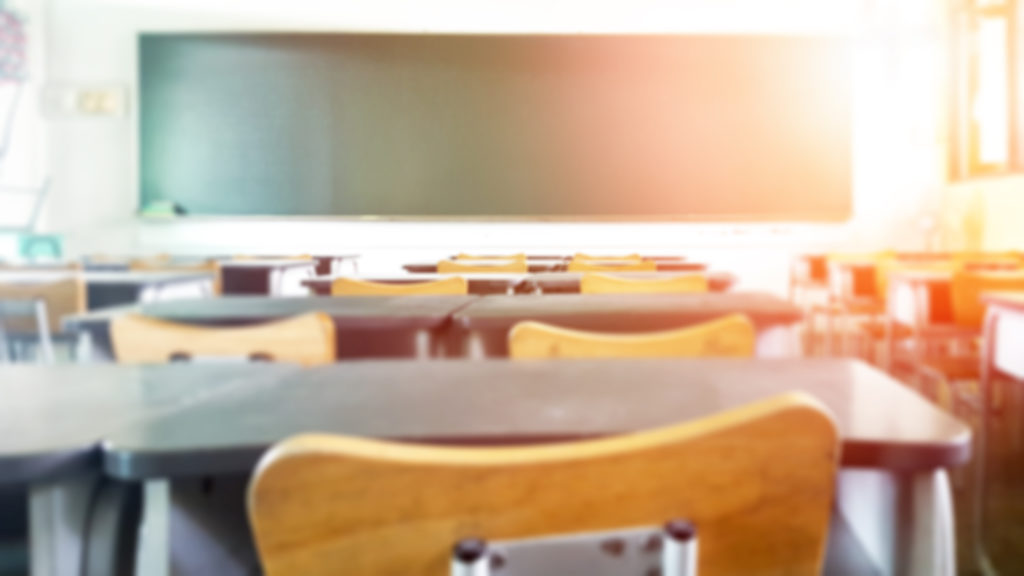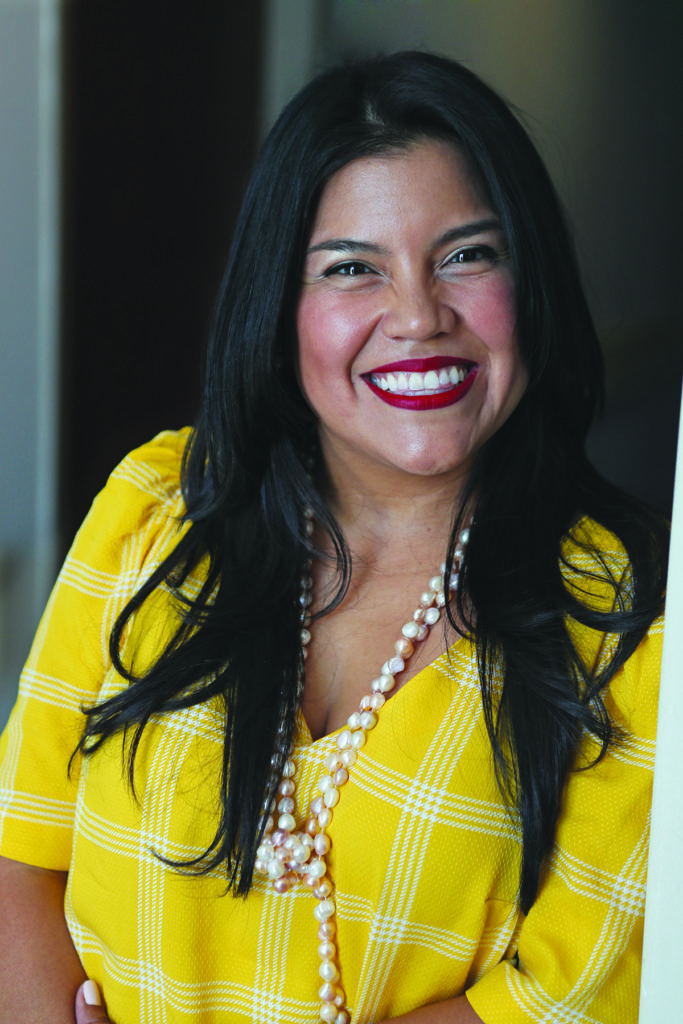
As Miami’s education professionals, my colleagues and I in United Teachers of Dade are expanding our lessons from the classroom to the entire community because we are facing issues that threaten our collective well-being. Since the COVID-19 pandemic took root in the United States, our teachers, district staff, and security personnel have been advocating non-stop for a science-based public policy approach guided by medical experts and data.
If that sounds like high-minded jargon, what that means is that our goal is to save lives through safeguarding health. We are concerned about our students and our own children since we do not know the long-term impact of this “novel” (meaning “new”) virus on young people, and we see the short-term devastation on our elders, the medically fragile, and even on strong, able-bodied athletes throughout the country.
In addition to illness, we see and acknowledge this virus’s devastation on working families suffering from economic insecurity because a parent, sister, brother, aunt, or uncle lost a job.
We are proud of the role our schools play as public institutions in bringing the community together. Whether the buildings are open or not, our schools function as safe-havens, sources of emotional security, and even physical nourishment, when fear, tension, and doubt replace the familiarity and comfort of a stable home with a steady income and square meals. Despite facing our own adversities, we are showing our students the love, care, and compassion students so desperately need in these trying times.
Black and brown communities are suffering higher rates of infection and more severe consequences than white, affluent communities. Miami-Dade has been severely impacted, consistently averaging approximately one-quarter of Florida’s total number of COVID-19 infections and deaths.
As high-profile cases from the President to Herman Cain demonstrate, no one is immune from COVID-19 because we all breathe the same air. However, crowded living and working conditions, the inability to physically distance and stay home have made the COVID-19 a catastrophe for low and moderate-income families.
We are also the first to acknowledge that face-to-face learning in classrooms is the best methodology for learning. We made the decision to become teachers because we want to spend our days helping young minds develop. We want to get back to face-to-face instruction in the classroom, but only when it is safe to do so for our students and for dedicated educators who have given decades of service in the classroom.
It is challenging to address this topic without acknowledging that short-term electoral politics are prevailing over common-sense public safety measures. When we reached consensus in our district to continue with distance education for a few additional weeks, the state governor and education commissioner successfully threatened loss of funding to reverse the local decision.
Our elected leadership has failed us at the national, state, and county levels.
Acknowledging that we are working from a deficit, we have decided that it is up to us to be the change that we need. We are modeling the leadership that our students need.
We are reaching out to tell parents that the safest place students can be is at home, engaging in distance learning. The more students stay home, the more space for schools to accommodate students whose parents have no alternative but to allow their children to return to face-to-face instruction.
Although we disagree that we are ready for our many school districts in the state to be open for face-to-face instruction, we have launched an education campaign to ask whether each and every school has effective plans in place for five key components to safeguard that specific school:
- Physical distancing to keep students as far apart as possible, including entering and leaving schools, and any movement around the building.
- Facial coverings at all times with a culture that supports and encourages this as a positive practice.
- Hand-washing facilities so that this is a regular activity throughout the day. When soap and water are not available, alcohol-based hand-sanitizer is to be used as an alternative.
- Thorough cleansing of classrooms and the entire building before, during, and after students are present. While cleaning is everyone’s shared responsibility, having enough well-trained janitors is paramount for cleansing.
- Ventilation that includes filtration effective to capture virus particles, and to diffuse the inside air students are breathing with fresh outside air.
If schools or any public institutions are going to be open, these five standards should set a baseline to combat the spread of COVID-19. Before deciding about keeping or returning a child to a school building, parents should ask their child’s principal if there is a comprehensive plan for each of these five critical elements.
Many of our educators and staff are back in their buildings, giving our best to the children—which for right now means keeping everyone as safe as possible and telling the truth about what we are seeing.
To support those who are back in the building, we have launched a community drive to supply masks, shields, and some cleaning supplies. We are collecting contributions at 5553 NW 36th Avenue, Miami Springs, FL, and appreciate any donations which are immediately distributed to the schools. Please contact us at www.utd.org if you are able to contribute.
As proud union members, we will continue to be as strong and flexible, as resilient as possible, because we know that children model and learn from what we say and what we do—even the emotions that we give off. We are making distance learning as effective as possible, and our public schools the safest they can be. Simultaneously, we will continue to track and monitor infection rates to make informed decisions on whether or not we can keep our schools open safely and hold decision-makers publicly accountable.
In times of crisis, we have to stand up for our public institutions, services, and our communities. Florida’s working families need to stand together like never before. We have never faced a health crisis like this since the Spanish Flu of more than 100 years ago or an unemployment crisis like this since the Great Depression of the 1930s.
It will take hard work and solidarity to protect the gains we have made and continue to advocate for fairness for working families. I know our union sisters and brothers are up for the continued struggle ahead and doing everything possible now to change the political tide that led us to where we are today.

Karla Hernandez-Mats is the President of the United Teachers of Dade, the fourth-largest school union in the country and the largest union in the southeastern United States. She is a science teacher.
